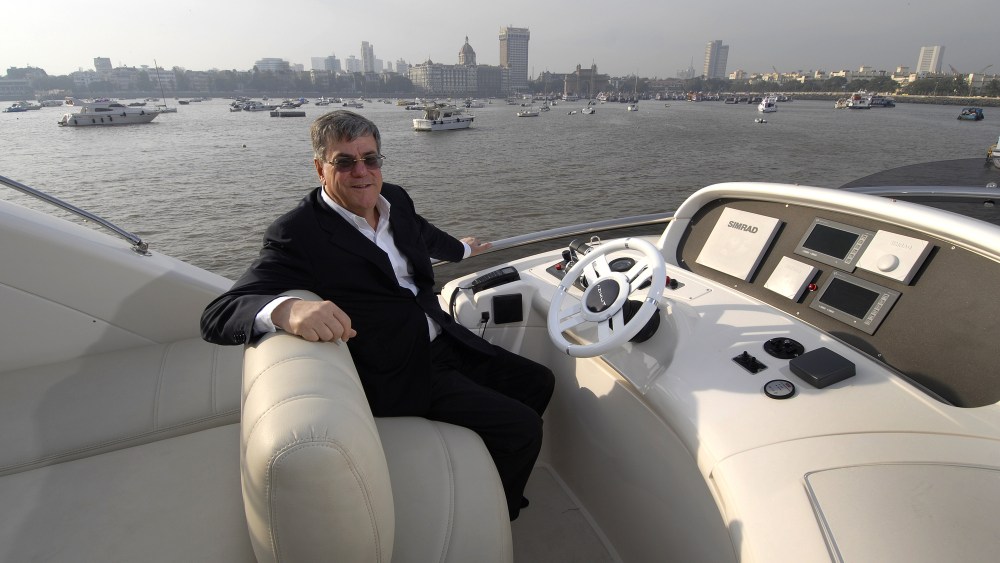MILAN — Paolo Vitelli, who founded Azimut Yachts in the late 1960s, has died at age 77, the company confirmed Tuesday. The company said it was not ready to release a statement.
Azimut, which is known for its luxury yachts coveted by the world’s rich and famous, said the entrepreneur died at his home in the hamlet of Mascognaz, located in the northern Italian region of Aosta. He slipped on ice and fatally hit his head on concrete.
In the 1980s, Vitelli acquired Cantieri Benetti, a historic Viareggio-based shipyard and created the Azimut|Benetti Group.
Today, Azimut|Benetti Group is ranked as the number-one firm in the world according to length built by Boat International. Vitelli’s daughter Giovanna has been chairman of the group since March 2023.
You May Also Like
In October, Azimut|Benetti Group, which is headquartered in Avigliana, Italy, near Turin, said its revenues rose to 1.3 billion euros in the fiscal period between 2023 and 2024, compared to 1.2 billion euros last year, driven by key markets. At the time, its chief executive officer Marco Valle forecast 15 percent growth by the same period of 2025.

Paolo Vitelli was born in Turin, Italy in 1947 into a family of entrepreneurs. Driven by a passion for boats and yachting, he set up his business, Azimut, at just 21 years old, the company said on its website.
After graduating with a degree in economics and commerce, at the age of 22, he became an importer of boats produced by some of the most prestigious shipyards in Northern Europe.
By the mid-1970s, Azimut had launched a series of boats and later expanded the range from 8 to 10 meters to larger models, up to the iconic Azimut Failaka 105′ (30.8 meters), which was sold to the Onassis family.
More than half of Azimut’s fleet is now made up of low-emission yachts that reduce CO2 emissions by between 20 and 30 percent. Seadeck 6 integrates an innovative system that allows both zero-emissions at anchor and cruising with the generator off, further reducing on-board consumption. This system, called Mild Hybrid Zero Emission Hotel Mode, is based on a 42-kWh lithium battery pack and an alternator connected to one of the three engines. Overall the vessel reduces CO2 emissions by 40 percent over a year of average use, both when cruising and at anchor, compared to a traditional flybridge boat of similar dimensions.
The company said it has invested 20 years of research and development in sustainable innovation and is working toward meeting the goals set by the International Maritime Organization for the overall industry to reduce CO2 emissions by 40 percent by 2030.



